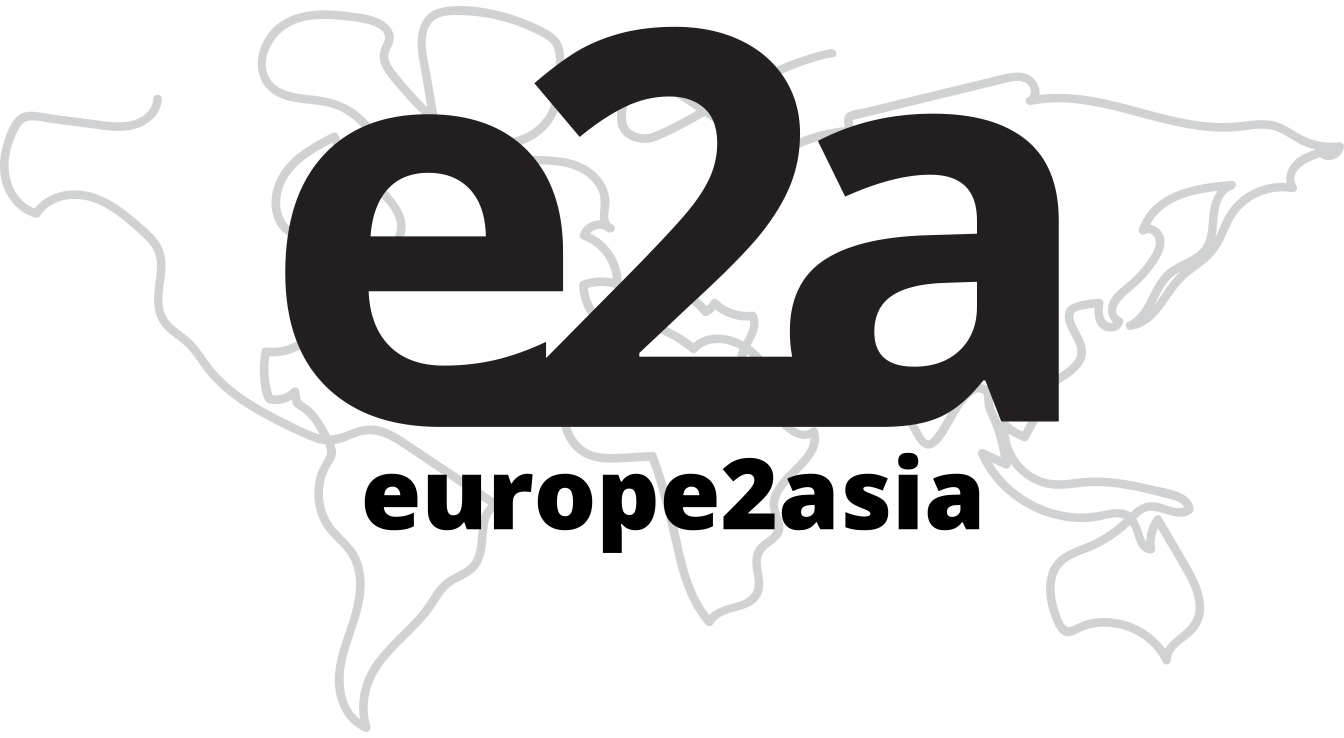In the travel industry, the B2B marketing landscape extends far beyond mere transactional relationships. It’s about strategically positioning your brand not just for immediate sales, but for long-term partnerships and success. As the mantra goes, “Marketing: It’s not just about today’s sale, it’s about introducing your brand for tomorrow’s success.”

Crafting a Journey Together
In the travel sector, B2B marketing is akin to crafting a journey. Your role is to guide other businesses, be it travel agencies, tour operators, or corporate clients, towards a partnership that promises mutual growth and shared success.
The Art of Brand Introduction
Introducing your brand in the B2B travel market means more than presenting attractive packages and destinations. It’s about showcasing your expertise in creating unique, seamless travel experiences. Your brand should resonate as a symbol of reliability, innovation, and in-depth industry knowledge.
Educate, Engage, and Collaborate
Three pillars support successful B2B marketing in travel:
- Educate your clients about the unique experiences and value your brand offers. Highlight your understanding of diverse travel needs and trends.
- Engage with potential partners through industry insights, tailored marketing campaigns, and interactive platforms.
- Collaborate actively, suggesting ways to co-create unique travel experiences that benefit both parties.

Consistency in Service and Experience
In B2B travel marketing, consistency is crucial – not just in your brand messaging, but in the quality of experiences you deliver. This consistency builds credibility and trust, essential in an industry where experiences and satisfaction are paramount.
Emotional Engagement in a Professional Context
Emotional engagement plays a subtle yet significant role in B2B travel marketing. Building a brand that travel professionals trust and feel confident about can transform a business contact into a long-term partner.
Leveraging Technology for Better Connections
In the digital age, technology is a game-changer in B2B travel marketing. Utilizing tools like CRM systems, social media platforms, and analytics helps in understanding client needs better and tailoring your offerings to meet these needs effectively.
Patience and Long-Term Vision
Building relationships in the B2B travel sector requires patience and a long-term vision. It’s about nurturing relationships that go beyond a single business deal, focusing instead on continuous collaboration and growth.

Conclusion
In the travel industry, B2B marketing is not just about selling a service; it’s about selling a vision of partnership, reliability, and shared success. It’s about introducing your brand as a journey architect, one that understands and anticipates the evolving needs of the travel market. Remember, “Marketing: It’s not just about today’s sale, it’s about introducing your brand for tomorrow’s success.” Embrace this philosophy, and your brand will not just be a service provider but a valued partner in the travel industry’s ever-changing landscape.


